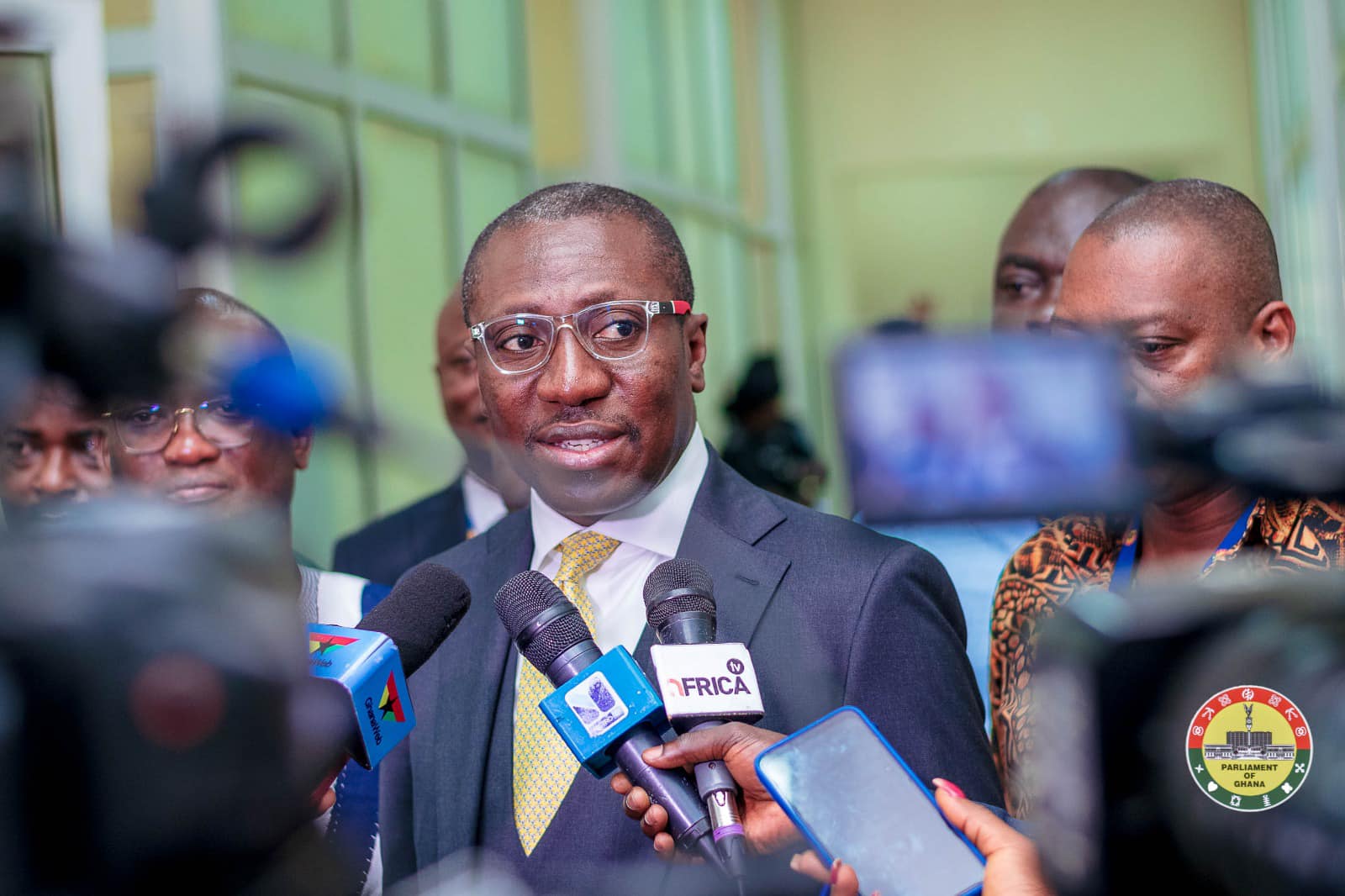adverts
In a bold move, Majority Leader Alexander Afenyo-Markin has filed an injunction at the Supreme Court, aiming to block a petition from Tamale South MP Haruna Iddrisu that could shake Ghana’s parliamentary majority ahead of the 2024 elections. At the heart of the legal clash is the status of four Members of Parliament whose political affiliations are now in question.
Haruna Iddrisu’s petition calls for the Speaker of Parliament to declare the seats for Suhum, Amenfi Central, Agona West, and Fomena vacant.
The MPs from these constituencies plan to contest the 2024 elections as independent candidates or, in the case of Fomena MP Andrew Asiamah Amoako, as a candidate under the New Patriotic Party (NPP) banner, despite winning his seat as an independent.
adverts
Afenyo-Markin, seeking clarity on the constitutional implications of this shift, is pushing for the Supreme Court to weigh in.
At a media briefing, he underscored the urgency of a legal pronouncement to address the uncertainties surrounding MPs who switch political affiliations mid-term or contest as independents.
“This issue needs a decisive ruling,” Afenyo-Markin stressed, referring to Article 97(1)(g) of Ghana’s Constitution, which outlines the grounds under which MPs can lose their seats. The provision states that MPs who leave the party on whose ticket they were elected or switch from independent status to party affiliation may forfeit their seats.
The stakes are high. If the court rules that the MPs must vacate their seats, the NPP could lose its slim majority, potentially jeopardising government business in the final stretch before the December 2024 elections. With the NPP currently holding 138 seats and the opposition at 137, the loss of three MPs would shift the balance of power to the opposition.
Afenyo-Markin’s injunction application also argues that, under Ghanaian law, by-elections cannot be held within three months of a general election. This could leave the NPP vulnerable to losing its parliamentary control without the chance to replace the MPs before the general election.
To prevent any premature action by the Speaker of Parliament, Afenyo-Markin has requested an interlocutory injunction, cautioning that removing the MPs from the parliamentary roll before a court ruling could cause “irreparable or irreversible damage.”
The situation has drawn parallels to a 2020 constitutional crisis, when then-Speaker Mike Ocquaye declared the Fomena seat vacant after Andrew Amoako Asiamah, now at the centre of this dispute, decided to contest as an independent candidate. That decision, also based on Article 97(1)(g), could set a significant precedent for the current case.
However, Afenyo-Markin contends that the circumstances this time are different, and the MPs’ decisions to run as independents in the upcoming election should not affect their current parliamentary status.
The Supreme Court’s ruling will have far-reaching implications, not just for the MPs involved but for Ghana’s political landscape. It will likely set a new precedent on how constitutional provisions concerning political allegiance and parliamentary seats are applied, with the potential to reshape party loyalty dynamics and electoral strategies moving forward.


